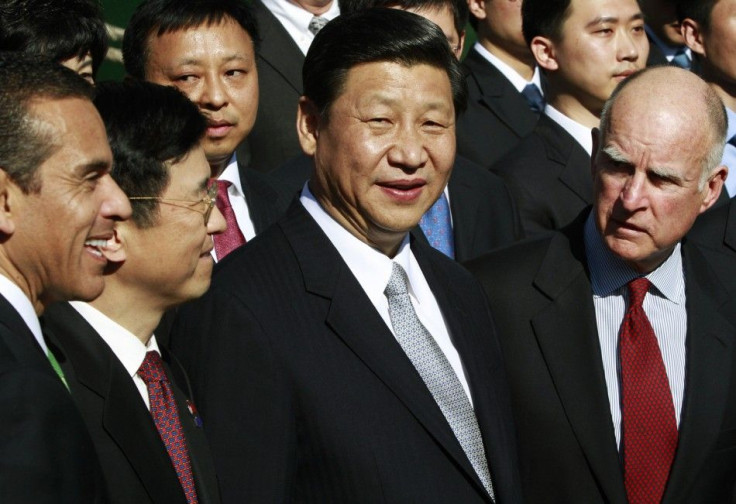Xi Jinping: No Hard Landing for Chinese Economy This Year

China’s Vice President Xi Jinping, on the last day of a much-ballyhooed five-day trip through the United States, said the Chinese economy will avoid a “hard landing” this year and maintain stable growth.
Slated to become the president of China by 2013, Xi told a business forum in Los Angeles: 2012 will be a crucial year in driving the twelfth five-year [economic] plan. China's economy will maintain stable growth ... there will be no so-called hard landing.
He added: We will encourage more consumption, imports, and outward investment.”
Xi, 58, has played down some negative comments made by U.S. President Barack Obama (among others) about China’s human rights record and its maneuvering to keep its Yuan currency artificially low to boost imports. Indeed, the U.S. trade deficit with China surged to almost $300-billion last year.
Earlier in the week, at a speech in Washington DC, Xi said China has become the United States' fastest growing export market. Speaking frankly, an important aspect of addressing the imbalance in Chinese-U.S. trade is the United States' own economic policies and structural adjustment.
Xi has tried to convince American audiences that China seeks to invest more in the United States and that Beijing should be seen as an opportunity for US businesses, not a threat. For example, while visiting the Midwestern farming state of Iowa, he pledged that his country would purchase an additional $4 billion of the state’s soy beans for a total purchase commitment of about 12 million tons this year.
A prosperous and stable China will not be a threat to any country, he told the Los Angeles forum.
China (and its perceived economic gamesmanship) has already become a divisive topic in the U.S. presidential campaign. The likely Republican candidate, Mitt Romney, blasted Xi’s trip as empty pomp.
Mark Williams, chief Asia economist at Capitol Economics in London, discussed some of US-China trade issues prior to Xi’s trip.
“China’s imbalance with its most important trading partner, the U.S., is not narrowing.” he said.
“The fall in the overall trade surplus is entirely due to a widening trade deficit with other emerging economies. The bilateral imbalance with the U.S. has steadily widened over the last two years. In these circumstances, a downturn in the U.S. economy ahead of the presidential election could be enough to put trade measures targeting China back on the policy agenda.”
Williams added: There may be fewer flashpoints elsewhere but, if tensions with the U.S. increase, China may find it has few allies.”
© Copyright IBTimes 2024. All rights reserved.





















